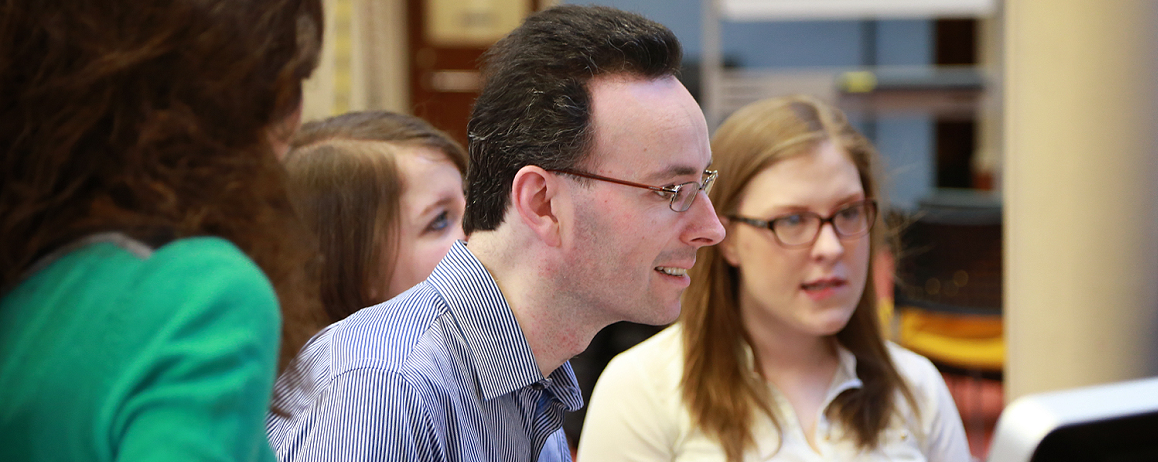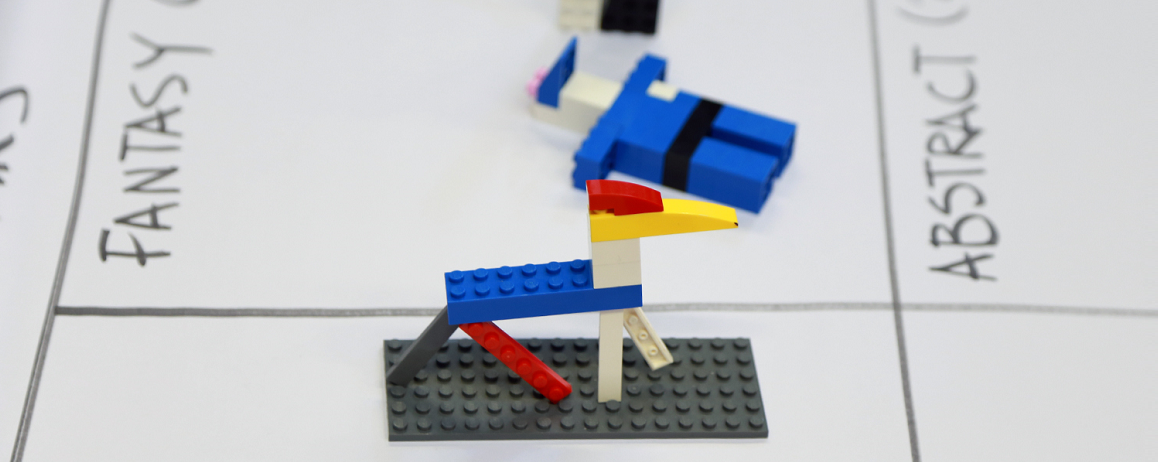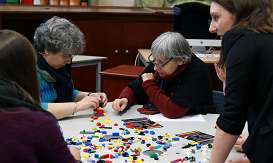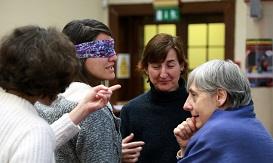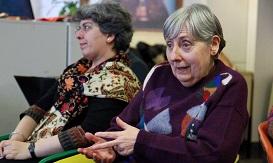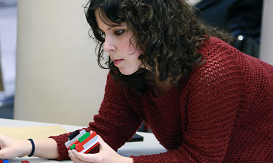Welcome to Dare+
Welcome to Dare+
DARE+ is a project supported by the Action 2 – Strategic Partnership initiative of the Erasmus + programme. The main objective of DARE+ is to make an analytical approach on generic competences, their acquisition and their assessment. The seven competences chosen for their centrality to personal development in higher education are communication, leadership, teamwork, conflict transformation, project development & management, intercultural competence and social entrepreneurship.
The analysis of the aforementioned competences (would) lead to the achievement of the following goals/aims:
- give greater value to the learning that occurs outside the classroom and contribute towards recognition of competences developed in non-formal context; introduction
- propose means to further improve the existing initiatives in order to make full use of the possibilities for developing competences these initiatives offer;
- help students become conscious of the competences they develop thanks to participating in such initiatives;
- help educators (and other stakeholders) learn about initiatives already implemented elsewhere and build on others’ experience.
Conflict transformation
Conflict Transformation is the competence to cope with clashing ideas, emotions and behaviours and to be able to analyse the different positions with the aim of finding mutually acceptable and constructive outcomes.
Teamwork
Implies a cooperative and coordinated effort on the part of a group of persons acting together as a team in the interest of a common cause. Teamwork means that people use individual skills and provide constructive feedback, solving creatively possible conflicts
Project development and management
Project development and management is the competency to identify a need, analyze and define context and resources, design, develop, implement and enhance the action idea(s) with the aim of producing appropriate and feasible response(s).
Intercultural competence
Intercultural competence is the competence to perceive, be curious about, open to and respectful of cultures, including one`s own; to be able to understand, express and appreciate different values and norms, ways of thinking, practices and behaviours and to engage with others by initiating or being receptive to a constructive exchange.
Communication
Interpersonal communication is the comprehensive interaction between individuals and in groups through dialogue. It implies empathetic listening and being able to express thoughts, ideas, feelings and emotions clearly and assertively.
Leadership
Leadership is the use of individual skills to organize, coordinate and delegate tasks, providing constructive feedback, solving possible conflicts creatively and through dialogue. Leadership requires empathy, initiative and creativity, and the ability to express thoughts, ideas, feelings and emotions clearly and assertively.
Social entrepreneurship
Social Entrepreneurship is the competency to respond to social challenges and create opportunities by undertaking innovative and sustainable projects in collaboration with others.

